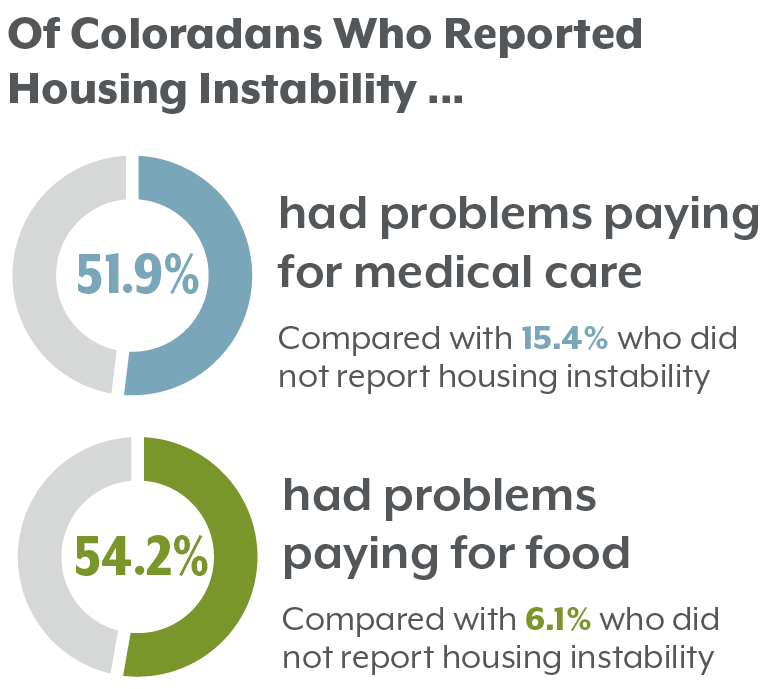Stories of the CHAS: Hunger Is a Pressing Need in Many Colorado Communities
For the first time, this survey report includes personal stories of Coloradans directly affected by food insecurity, access to mental health care, surprise bills, and loss of insurance coverage. Read the first in this series.





